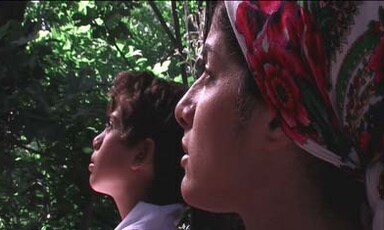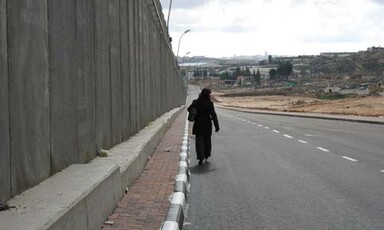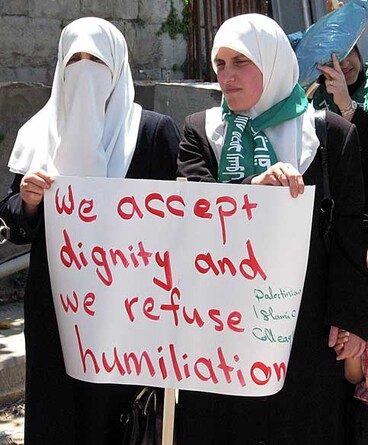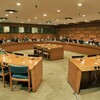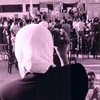
Balata Film Collective Tour in U.S. to visit New York, New Jersey, New Orleans, Chicago and Minneapolis
11 May 2006
The Balata Film Collective was initiated to enable young Palestinians from Balata Refugee camp to use film as a method to break their isolation, challenge their oppression, and represent their lives to the world. This May 2006, 3 members of the collective will be touring the U.S. sharing their films and their stories, and hoping to build connections with other film collectives and film makers involved in the global struggle for justice and liberation. The tour will bring them to Bard College, Boston, New York City, New Jersey, New Orleans, Chicago and Minneapolis. Read more about Balata Film Collective Tour in U.S. to visit New York, New Jersey, New Orleans, Chicago and Minneapolis
